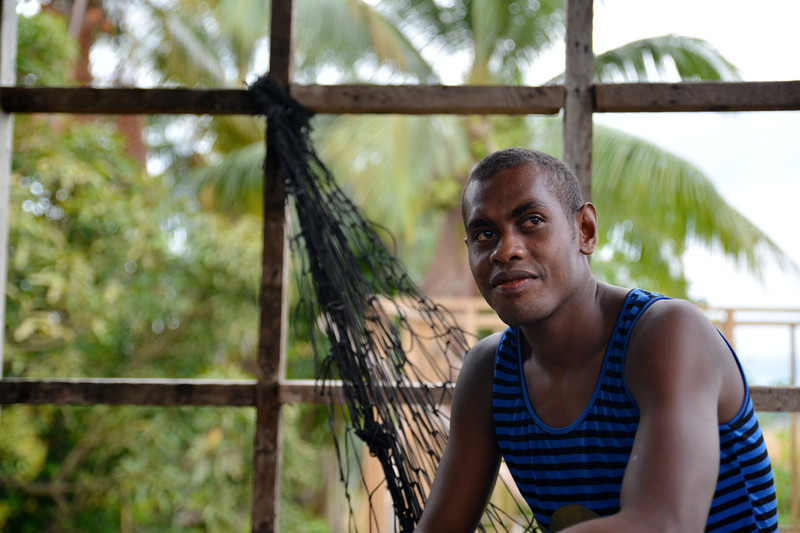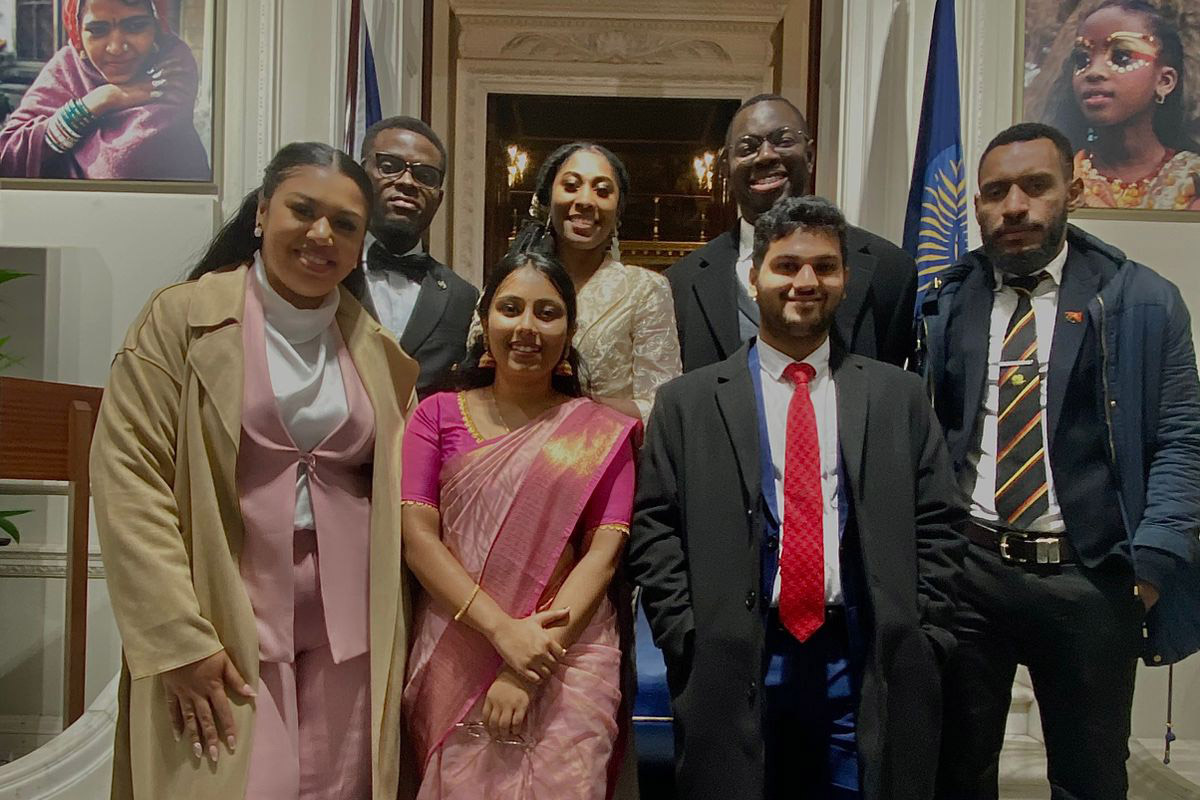Youth skills in a post COVID–19 Pacific
July 15
Education and skills-building have been among the first casualties of the coronavirus pandemic. As social distancing continues to challenge training and learning, and with unemployment at an all-time high, 28-year-old Commonwealth Correspondent Sherita Sharma from Suva, Fiji, explores what opportunities young people have for skills-building both during and after COVID-19. Investing in youth by building their skills and harnessing their individual talents is critical to both nation-building and the development of an informed society, as well as an interconnected global community.
July 15 marks World Youth Skills Day. As future leaders, our youth hold the key to a better, sustainable world.
The South Pacific is home to a melting pot of traditional knowledge passed down through generations; including cuisine (healthy gluten, oil and sugar-free meals, kava, toddy), agriculture and farming (fishing, Pacific crops such as yams, tapioca, traditional irrigation), creative arts (mat weaving, dance, storytelling, tapa clothing), construction (naval vessels, cyclone-resilient structures, architecture), navigation (astronomy, trekking, mapping), and homeopathy (herbal medicine).
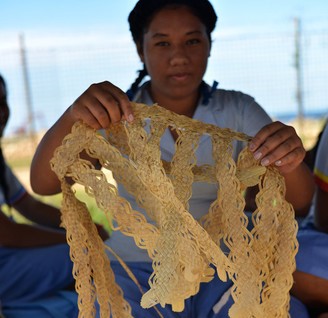
In many local communities, children are taught about these cultural markers that form the foundation of their Pacific identity. However, as with developing countries in other parts of the world, over time the attraction of the urban life and advancing technology has led to an elevation of academic excellence, affecting the transmission of these skills.
Although still a second option to “office jobs”, technical and vocational skills are now gaining importance in the Pacific as the region recognises that its people are multi-talented and can use these skills, once enhanced, to literally build their countries’ economies.
More people are exploring opportunities through technical and vocational education and training (TVET) associations, and institutes such as the Technical College of Fiji, Fiji National University, University of the South Pacific-Pacific TAFE, Vanuatu Institute of Technology, Port Moresby Technical College, Australia-Pacific Training Coalition (APTC) to name a few.
Sectors such as tourism and hospitality, mechanical trades, engineering, design and construction, and agricultural development appeal to Pacific islanders, who have a strong connection with their respective cultures and nature.
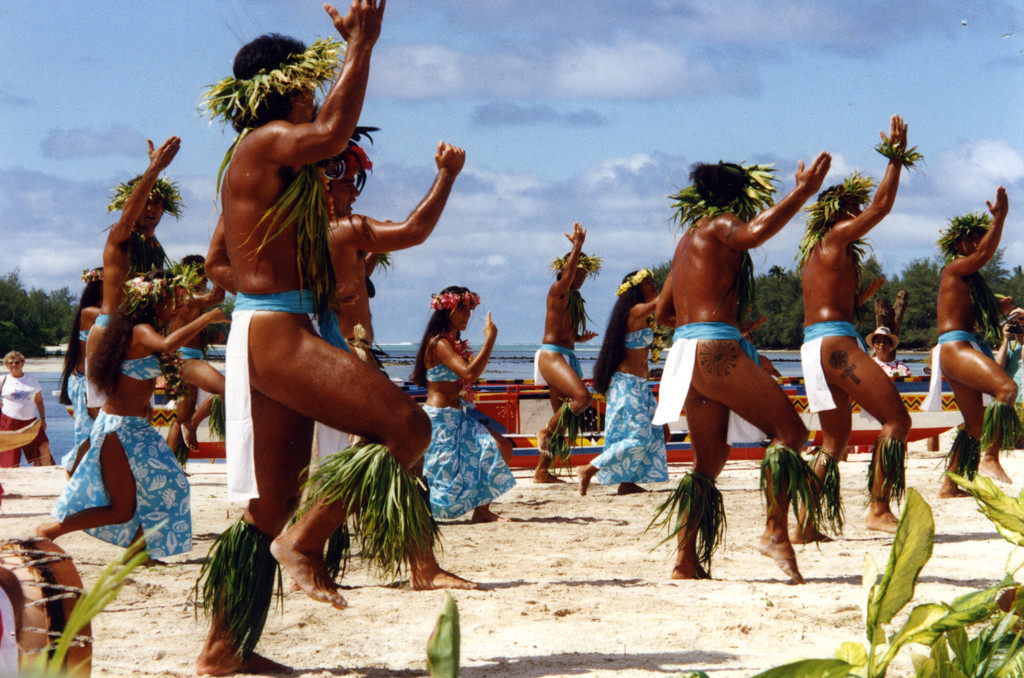
However, young people face challenges in fully contributing to the region’s development due to socio-economic situations prevalent in developing countries such as poverty, gender inequality and social exclusion, lack of good governance, and climate change.
All of this has been compounded by the current COVID-19 pandemic. Youth unemployment is at an all-time high, with many who work in technical trades being sent home. The decline in tourism, the leading industry for countries like Fiji and Vanuatu, has dealt a huge blow not only to the economies but also to many who welcomed all visitors with their bula smiles.
Those with TVET training have struggled to stay afloat amidst governments’ COVID-19 restrictions of social distancing, and hygiene. All these have affected livelihoods of Pacific islanders who are dependent on their hands and technical skills to survive.
This year, World Youth Skills Day focuses on building skills for a resilient youth. COVID-19’s arrival in the Pacific led to the closure of schools, including TVET institutes. While most academic institutions moved their lectures online, learning came to a halt for these institutes as they scrambled to think of solutions to help them to continue deliver skills training in a socially-distanced environment.
While remote learning can be a challenge for practical skills training, institutes have taken a step forward in delivering training as flexibly and diversely as possible. New partnerships are being forged through avenues such as the COVID-19 Socio-Economic Response Project.
Pacific populations are now looking towards job creation. With youth being primarily digital natives, they have the ability to turn the tide by taking the entrepreneurship conversation to social media. Today’s mobile phone technology offers the incentive to create fresh and innovative content through videos, photos, and written narratives that let them tell their story.
While access is mostly there, youth still need to be upskilled in using these digital platforms to market themselves (their skills), their businesses and their flexibility. Fiji National University for example launched a new free online business course for Fijians to learn about how to set up a successful business using their own skills.
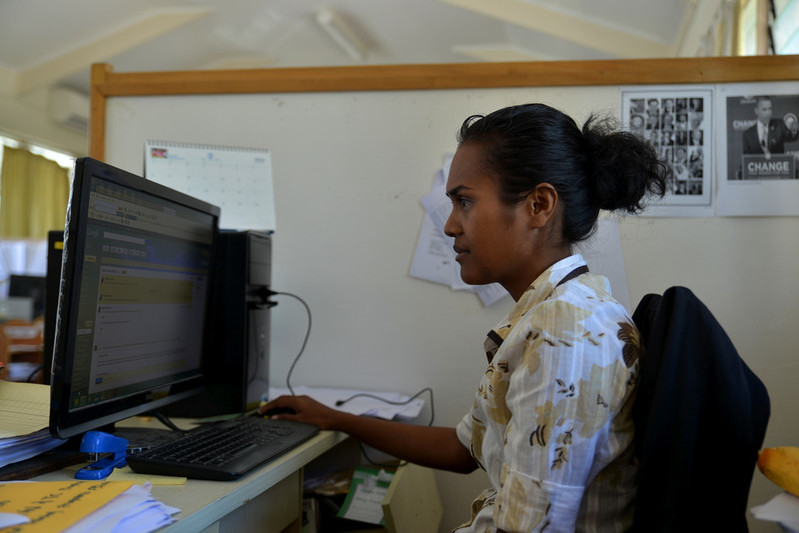
At the same time, ongoing political engagement is necessary to make sure young people understand their role as citizens. National and regional youth councils have been set up, and youth are being trained through mock decision-making forums such as girls take over parliament in Tonga.
The increasing climate change issue has propelled more Pacific youth into global conversations. This has shown the ability of these young leaders, albeit from a geographically small region, to make a difference. Again, the solution may be to continue all this online until COVID-19 dissipates. A discussion still needs to happen around the sustainable delivery of these skills to ensure the ongoing education of young Pacific islands.
While COVID-19 has changed the dynamics of interaction and caused a shift in mindsets, Pacific youth are determined to rise to the challenge and put the region on the map. This can be quickly achieved through continued skills-building, but in a more innovative way.
Photo credit: Tom Perry/The Commonwealth
About me: I have been working as a content creator for development initiatives in the South Pacific for over six years. I am interested in Communication for Development (C4D) and currently pursuing postgraduate studies to learn more about strengthening communications in Pacific communities to help with climate change mitigation, social justice awareness, and political engagement efforts. In my spare time, I love to travel, read, doodle and play with puppies.
……………………………………………………………………………………………………………………………………………………………………..
Opinions expressed in this article are those of the author and do not necessarily represent the views of the Commonwealth Youth Programme. Articles are published in a spirit of dialogue, respect and understanding. If you disagree, why not submit a response?
To learn more about becoming a Commonwealth Correspondent please visit: http://www.yourcommonwealth.org/submit-articles/
……………………………………………………………………………………………………………………………………………………………..
